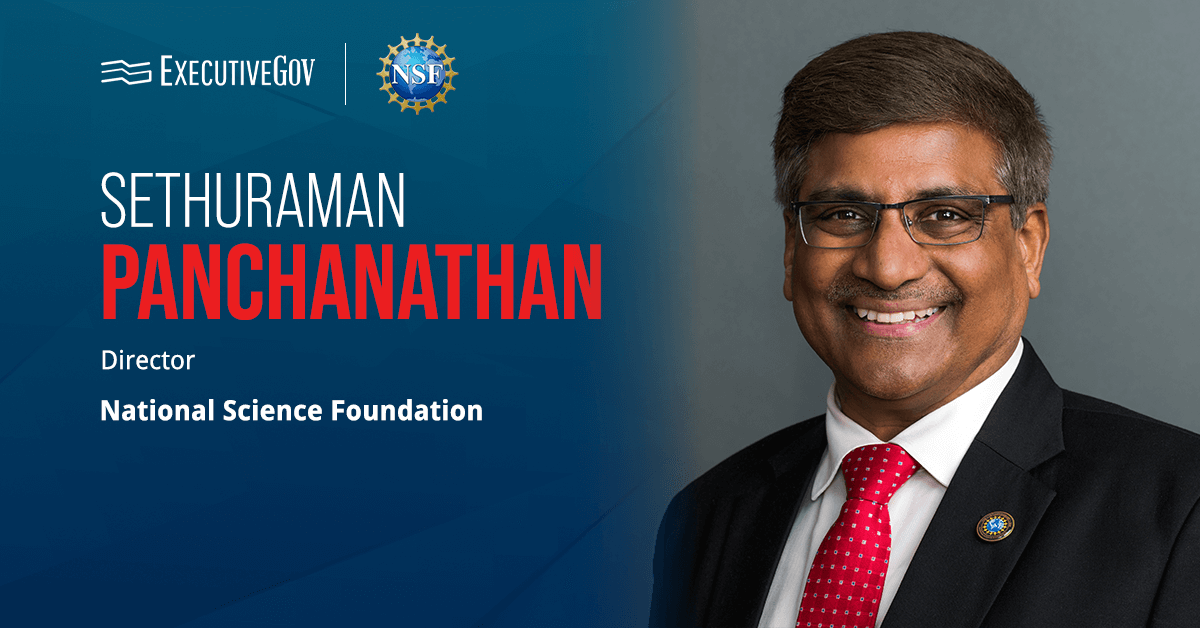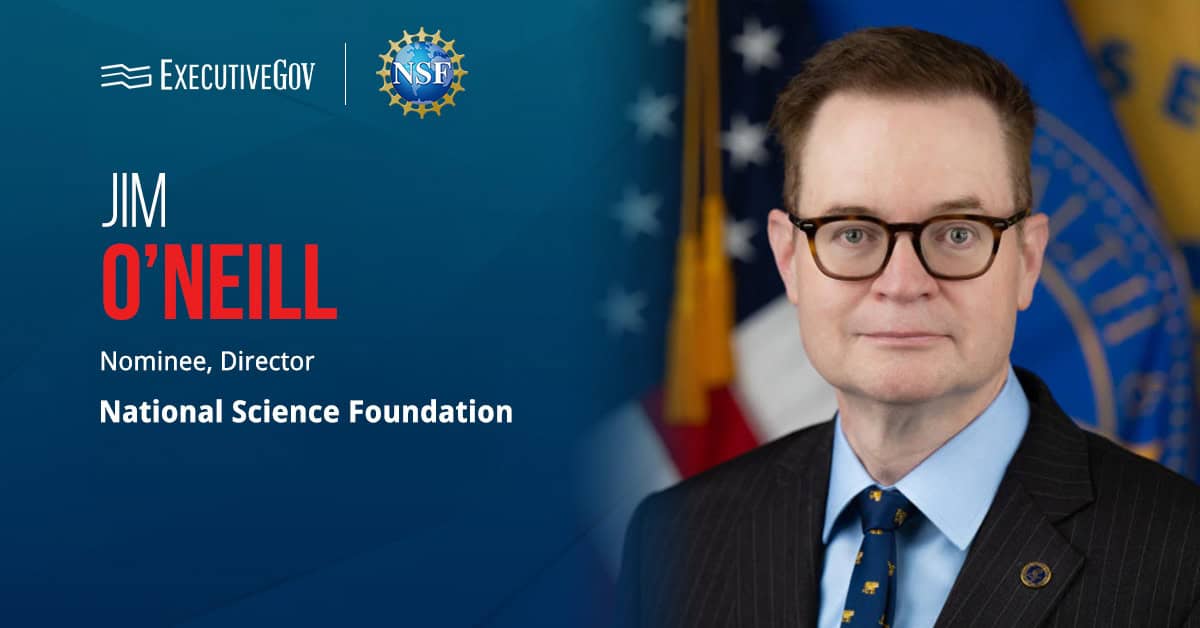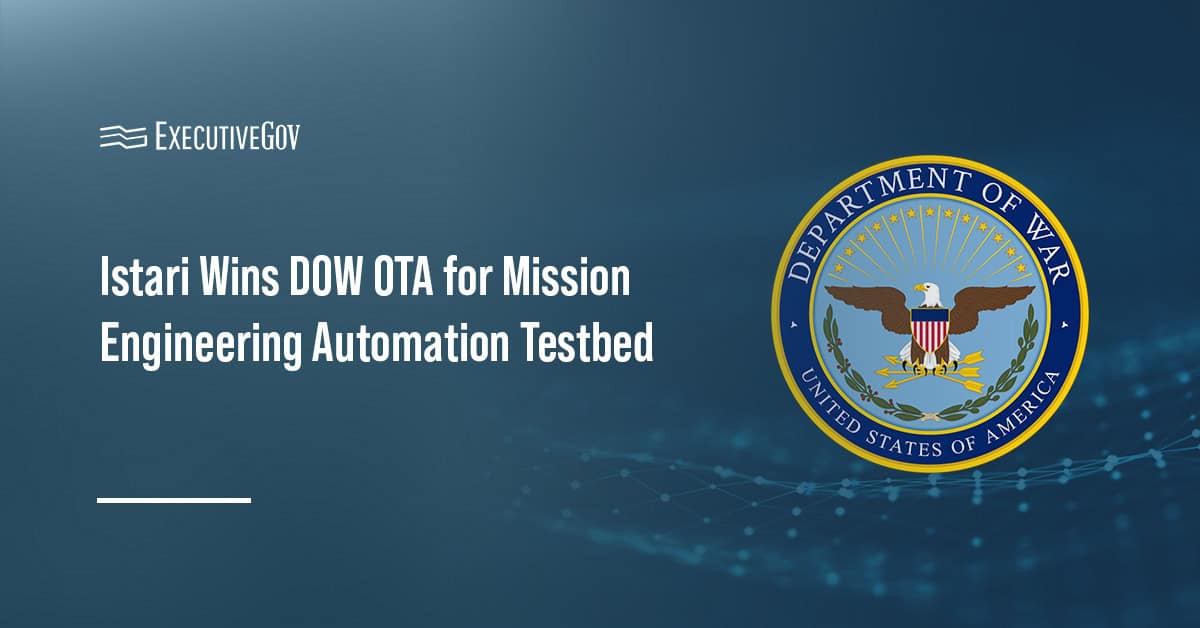The National Science Foundation has chosen the final six pilot projects for its National Quantum Virtual Laboratory program, which seeks to accelerate the development of quantum technologies.
The selected projects will explore methods of providing distributed access to the required tools for creating functional technologies that exploit quantum phenomena, NSF said Monday. The NQVL program participants will receive $1 million each to create real-world testing environments for advancing quantum capabilities.
Table of Contents
Tapping Quantum Computing’s Capacity
For example, a team of researchers from Iowa State University, Indiana University and IonQ will develop hardware and techniques that can be used in quantum chemistry, condensed matter physics and nuclear physics. Each application intends to tap quantum computing’s capacity to manage the exponential complexities of quantum systems.
Through the NQVL initiative, the government is establishing a national resource without “the limitations of distance and space or the boundaries of laboratory walls,” according to NSF Director Sethuraman Panchanathan.
Exploring Quantum Possibilities
The program is meant to unlock the possibilities of quantum phenomena, which could create networks with impenetrable security. NQVL will also provide workforce training and educational opportunities to grow the U.S. STEM workforce and develop leaders for future quantum-based industries.
The six projects will join the earlier five program participants that NSF announced in August. All teams are invited to submit proposals to the latest agency funding solicitation for the NQVL initiative.





